IBD One, our comprehensive Inflammatory Bowel Disease Center, officially began seeing patients on July 10, 2017. This center is the first of its kind in the Mid-South area and specializes in inflammatory bowel disease treatment. IBD One primarily treats Crohn’s Disease and Ulcerative Colitis. The center provides a progressive, comprehensive approach to care for individuals previously diagnosed with these diseases, serves as an urgent care facility for IBD, and also offers consultative services for complicated cases. Patients receive personalized treatments, new strategies in disease management and monitoring, and opportunities to participate in the latest clinical trials of advanced therapies.
Inflammatory bowel disease (IBD) involves chronic inflammation of all or part of the digestive tract and affects over 1.6 million Americans. IBD primarily includes ulcerative colitis and Crohn’s disease. Both usually involve severe diarrhea, pain, fatigue, and weight loss. IBD can be debilitating and sometimes leads to life-threatening complications. Ulcerative colitis is an inflammatory bowel disease that causes long-lasting inflammation and sores (ulcers) in the innermost lining of your large intestine (colon) and rectum. Crohn’s disease is an IBD that causes inflammation of the lining of your digestive tract. In Crohn’s disease, inflammation often spreads deep into affected tissues. The inflammation can involve different areas of the digestive tract — the large intestine, small intestine, or both. Both diseases are chronic and usually lifelong, and management varies among patients. Though many experience long periods without symptoms, both diseases are marked by flares (relapses) that can range from very mild to life-threatening, highlighting the importance of early inflammatory bowel disease diagnosis.
“This clinic is designed to help patients control their IBD and improve their quality of life,” says Richard S. Aycock, M.D., FACG. “This specialty clinic brings together dedicated gastroenterologists, pathologists, nurses, and researchers with direct access to imaging and endoscopic facilities, dietitians, pain management specialists, pharmaceutical experts, and surgeons. The clinic offers long-term care and a much-needed urgent care facility for IBD patients as well as consultative services. It is also central in helping children with IBD transition to management of the disease in adulthood.”
For more information about IBD One, contact our office at 901-755-9110.



